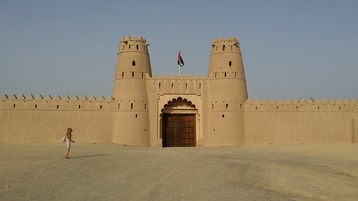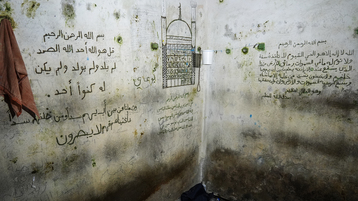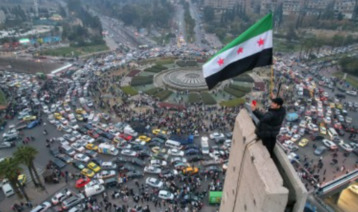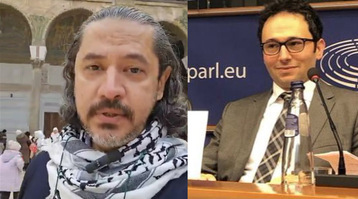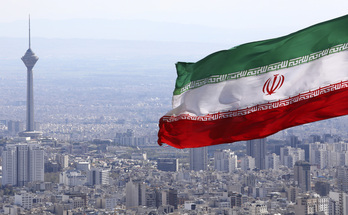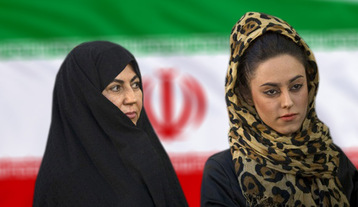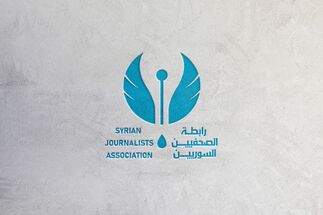-
After meeting a nationwide boycott, Tehran desperately tries to show high participation in election 2021.
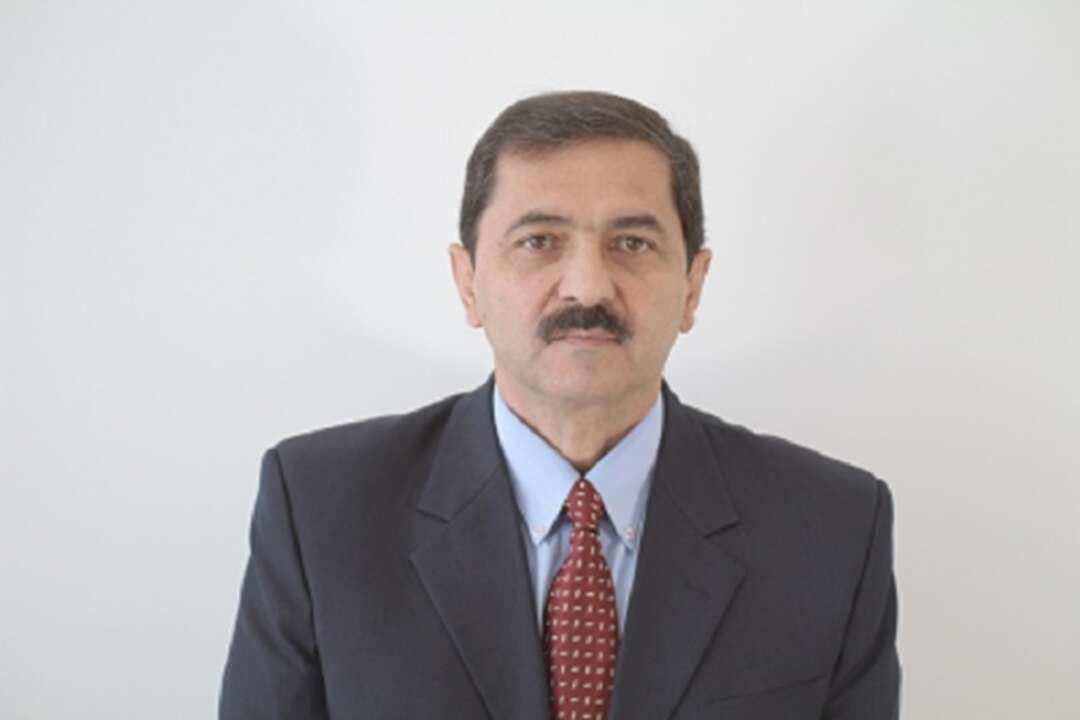
On Saturday, June 19, 2021, the Iranian regime announced the forecasted result of its sham presidential election. Ebrahim Raisi, the henchman of the 1988 massacre, was proclaimed the winner of the elections with astronomical-engineered votes. Tehran
Meanwhile, the Mojahedin-e Khalq (MEK/PMOI) announced that less than 10 percent of the eligible voters cast their vote in the sham presidential election. The assessment was based on the reports of more than 1,200 journalists and reporters of INTV (The Iranian Resistance Satellite TV channel) from 400 cities in Iran and more than 3,500 video clips from deserted polling stations. Tehran
The election frauds reached a point that the rival faction acknowledged some parts of it.
“The sudden increase of votes was another issue. There were around five million votes from 7 am to 1 pm. How could in less than a couple of hours in the afternoon the exact amount of votes gathered in 6 hours be cast?” the state-run Arman daily on Friday acknowledged the regime’s engineering the election.
Mohammad Ali Abtahi, the chief of staff to the regime’s former president Mohammad Khatami, referring to the high number of invalid votes, which according to the regime’s statistics is estimated at more than 4 million, said: “The number of invalid votes was the seriousness of the people in conveying their message.” (source: state-run Khabar-online, June 19, 2021)
Invalid votes are usually the only number that the Ministry of Interior tries to downplay, unlike the votes of other so-called regime candidates, which are multiplied to create a false impression of high voter turnout. In other words, with regards to the 10% turnout in the sham elections, more than 50% of the votes were invalid.
According to reports tallied by the Iranian opposition, less than ten percent of eligible voters have participated in the elections. This ten percent of “voters” were forced to participate in the elections. Tehran
According to the Iranian opposition, Soldiers at military barracks in Isfahan have been told to show up on Saturday with their identity papers to see who voted. Before the vote, soldiers who did not have their birth certificates before the vote were sent home a week earlier to the election to bring their papers for the vote. In Tabriz, Ahvaz, Shahriar, Mahshahr, Kermanshah, Bandar Abbas, Salman Shahr, Nasim Shahr, Aliabad-e-Katul, Chabahar, Khorramshahr, Safadasht near Tehran, Bumehen and Madani township, people were promised a payment of 50 to 200 thousand tomans, or less than $10 (based on the free market’s currency exchange rate) if they vote.
Cities were like ghost towns during election day. The regime shut down some polling stations in Tehran and other cities, especially in central areas of the city, to create larger crowds in other polling stations for filming, especially for foreign journalists. Tehran
The New York Times report from Tehran before the election farce showed people’s desire to boycott the elections. “’ I don’t believe in any of them,’ said Melika, a computer engineer. ‘I’m just tired of all of it. I’m done,’” the New York Times article read in part.
Mrs. Maryam Rajavi, the president-elect of the National Council of Resistance of Iran, underlined the regime’s failure in engineering the election and the importance of the nationwide boycott of the mullahs’ sham elections on Friday.
“Despite astronomical rigging and falsifying of the vote tally, the dimensions of the popular boycott were so extensive that the regime succumbed to announcing a lower than 49 percent turnout, plainly admitting that the majority of Iranian people boycotted the sham election and testified to its illegitimacy,” Mrs. Rajavi said. Tehran
“The astronomical fraud and the five-fold multiplication of the vote tally in the dark chambers of vote-counting does not fool anyone in Iran, nor does it change the truth. Ebrahim Raisi, the henchman of the 1988 massacre and the murderer of the Mujahedin-e Khalq (MEK/PMOI), represents Khamenei’s final bid to preserve his regime. Installing a mass murderer and a criminal against humanity as the regime’s president is a sign of desperation and shows that the regime has reached the end of the line and faces overthrow. Raisi must be brought to justice in an international tribunal,” Mrs. Rajavi added.
by: Farid Mahotchi
Author and analyst of Iranian affairs and member of the National Council of Resistance of Iran
You May Also Like
Popular Posts
Caricature
BENEFIT AGM approves 10%...
- March 27, 2025
BENEFIT, the Kingdom’s innovator and leading company in Fintech and electronic financial transactions service, held its Annual General Meeting (AGM) at the company’s headquarters in the Seef District.
During the meeting, shareholders approved all items listed on the agenda, including the ratification of the minutes of the previous AGM held on 26 March 2024. The session reviewed and approved the Board’s Annual Report on the company’s activities and financial performance for the fiscal year ended 31 December 2024, and the shareholders expressed their satisfaction with the company’s operational and financial results during the reporting period.
The meeting also reviewed the Independent External Auditor’s Report on the company’s consolidated financial statements for the year ended 31 December 2024. Subsequently, the shareholders approved the audited financial statements for the fiscal year. Based on the Board’s recommendation, the shareholders approved the distribution of a cash dividend equivalent to 10% of the paid-up share capital.
Furthermore, the shareholders endorsed the allocation of a total amount of BD 172,500 as remuneration to the members of the Board for the year ended 31 December 2024, subject to prior clearance by related authorities.
The extension of the current composition of the Board was approved, which includes ten members and one CBB observer, for a further six-month term, expiring in September 2025, pending no objection from the CBB.
The meeting reviewed and approved the Corporate Governance Report for 2024, which affirmed the company’s full compliance with the corporate governance directives issued by the CBB and other applicable regulatory frameworks. The AGM absolved the Board Members of liability for any of their actions during the year ending on 31st December 2024, in accordance with the Commercial Companies Law.
In alignment with regulatory requirements, the session approved the reappointment of Ernst & Young (EY) as the company’s External Auditors for the fiscal year 2025, covering both the parent company and its subsidiaries—Sinnad and Bahrain FinTech Bay. The Board was authorised to determine the external auditors’ professional fees, subject to approval from the CBB, and the meeting concluded with a discussion of any additional issues as per Article (207) of the Commercial Companies Law.
Speaking on the company’s performance, Mr. Mohamed Al Bastaki, Chairman BENEFIT , stated: “In terms of the financial results for 2024, I am pleased to say that the year gone by has also been proved to be a success in delivering tangible results. Growth rate for 2024 was 19 per cent. Revenue for the year was BD 17 M (US$ 45.3 Million) and net profit was 2 Million ($ 5.3 Million).
Mr. Al Bastaki also announced that the Board had formally adopted a new three-year strategic roadmap to commence in 2025. The strategy encompasses a phased international expansion, optimisation of internal operations, enhanced revenue diversification, long-term sustainability initiatives, and the advancement of innovation and digital transformation initiatives across all service lines.
“I extend my sincere appreciation to the CBB for its continued support of BENEFIT and its pivotal role in fostering a stable and progressive regulatory environment for the Kingdom’s banking and financial sector—an environment that has significantly reinforced Bahrain’s standing as a leading financial hub in the region,” said Mr. Al Bastaki. “I would also like to thank our partner banks and valued customers for their trust, and our shareholders for their ongoing encouragement. The achievements of 2024 set a strong precedent, and I am confident they will serve as a foundation for yet another successful and impactful year ahead.”
Chief Executive of BENEFIT; Mr. Abdulwahed AlJanahi commented, “The year 2024 represented another pivotal chapter in BENEFIT ’s evolution. We achieved substantial progress in advancing our digital strategy across multiple sectors, while reinforcing our long-term commitment to the development of Bahrain’s financial services and payments landscape. Throughout the year, we remained firmly aligned with our objective of delivering measurable value to our shareholders, strategic partners, and customers. At the same time, we continued to play an active role in enabling Bahrain’s digital economy by introducing innovative solutions and service enhancements that directly address market needs and future opportunities.”
Mr. AlJanahi affirmed that BENEFIT has successfully developed a robust and well-integrated payment network that connects individuals and businesses across Bahrain, accelerating the adoption of emerging technologies in the banking and financial services sector and reinforcing Bahrain’s position as a growing fintech hub, and added, “Our achievements of the past year reflect a long-term vision to establish a resilient electronic payment infrastructure that supports the Kingdom’s digital economy. Key developments in 2024 included the implementation of central authentication for open banking via BENEFIT Pay”
Mr. AlJanahi concluded by thanking the Board for its strategic direction, the company’s staff for their continued dedication, and the Central Bank of Bahrain, member banks, and shareholders for their valuable partnership and confidence in the company’s long-term vision.
opinion
Report
ads
Newsletter
Subscribe to our mailing list to get the new updates!


